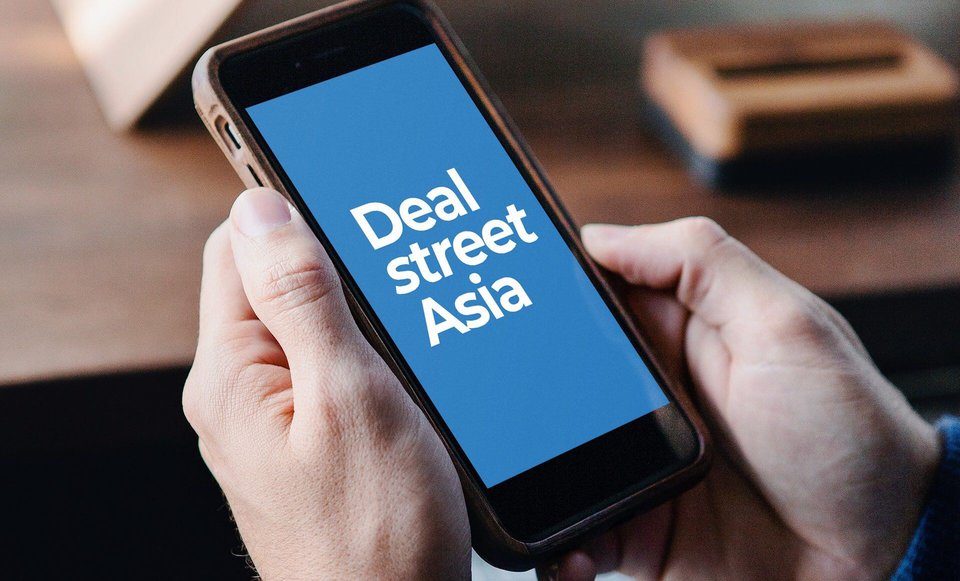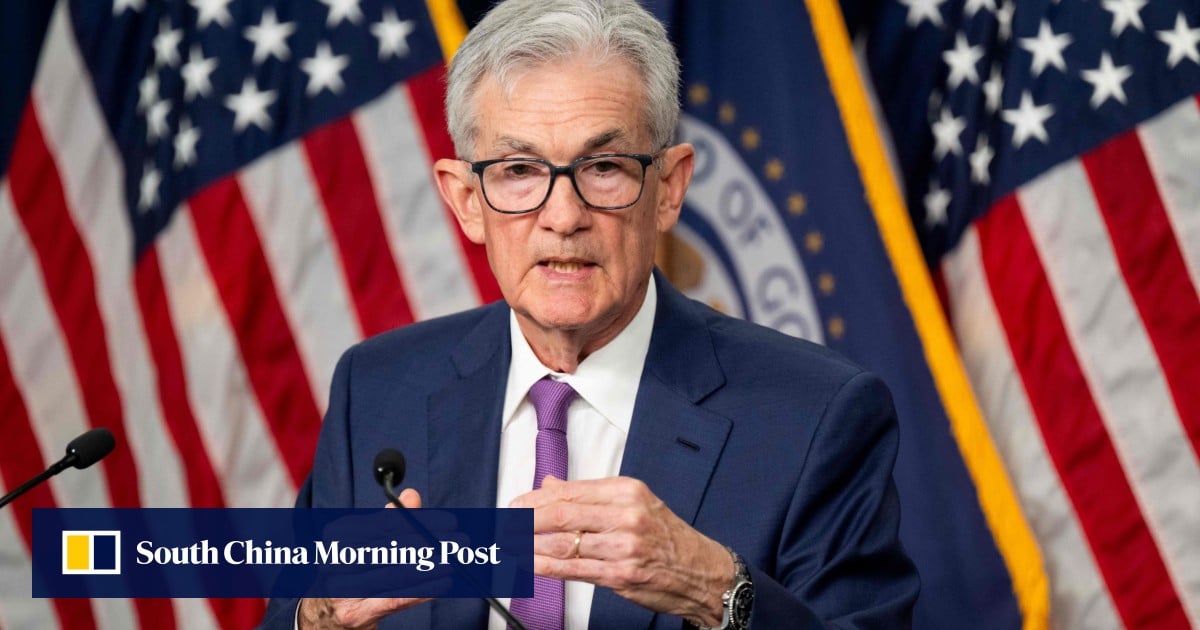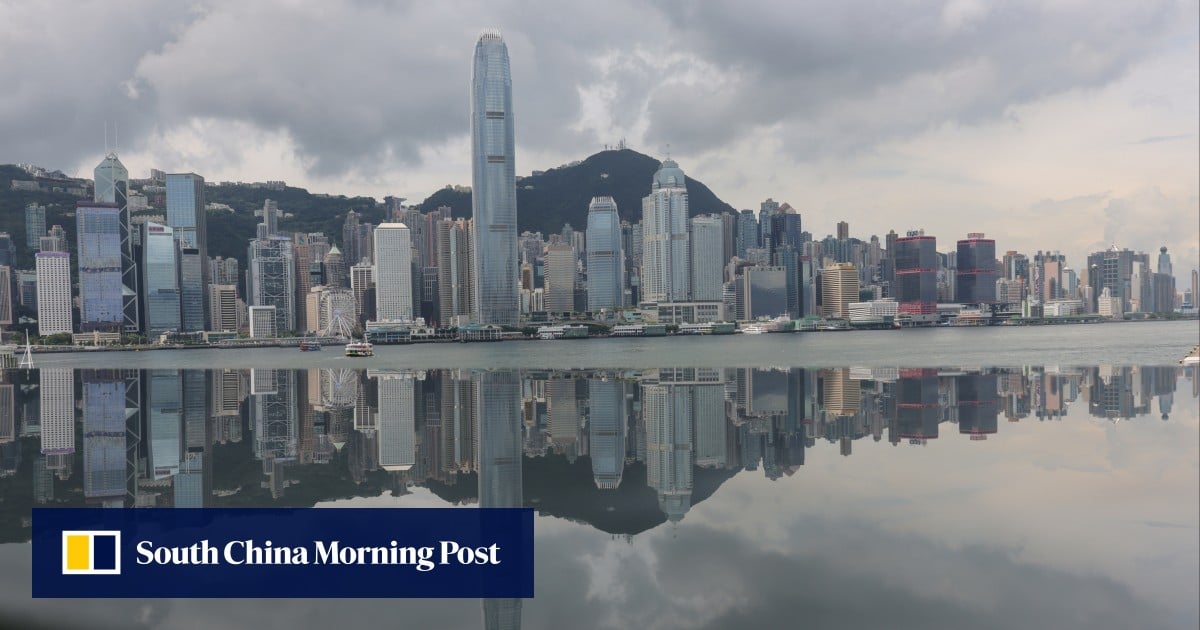BANGKOK, Thailand — The Thai food delivery industry is under financial strain as the government pressures businesses to reduce costs while drivers want more pay. In Thailand, the third wave of the COVID-19 pandemic has pushed up demand for food deliveries. According to Euromonitor, the industry would rise by double digits each year, from 68.8 billion baht ($2.2 billion) in 2020 to more than 74 billion baht in 2021 and as much as 99 billion baht in 2024. There are new local entrants, in addition to prominent foreign firms such as Grab, Gojek, Food Panda, and LineMan: Robinhood, owned by Thailand’s largest lender, Siam Commercial Bank, and TrueFood, an arm of Thailand’s largest food and agriculture giant, CP Group. However, no one has yet made a profit. The government has now stepped in to defend small and midsize restaurants by capping handling costs. “In order to decrease expenses and stay afloat, we may see mergers among existing services in the near future. It’s similar to what we’ve witnessed in other countries “Kasikorn Research Center expert remarked. During the COVID-19 outbreak, many food sellers turned to internet sales, forcing the authorities to impose a partial lockdown. However, the exorbitant costs charged by meal delivery firms have reduced profit margins.
Food delivery businesses’ exorbitant fees impacted Thai street sellers’ and restaurants’ profit margins. (Photo courtesy of Akira Kodaka)
“That impacted many small and medium eateries and street food sellers, most of whom are low-income… and that’s why the government needs to intervene,” said a senior official from the Commerce Ministry’s Department of Internal Trade.
To give food vendors better margins, the Commerce Ministry has already requested food delivery businesses to collaborate and decrease their commission rate from 30% to 35%, which is the industry norm, to 25%. The major players, such as Grab and Gojek, were unable to refuse this request. “To assist our merchants save money, Gojek is cutting commission rates throughout June, with no limit on the number of orders per month,” the company stated in a statement. Other businesses followed suit. According to a senior source at the Commerce Ministry, the government wants food delivery companies to preserve the lower prices until the end of the year due to the third COVID-19 wave taking longer than projected. Food delivery companies have tried to stay afloat by slashing fees given to delivery riders by 20% to 30% in reaction to the decreased costs. Riders have expressed their displeasure, claiming that their earnings had plummeted by up to 50%, to roughly 500 baht ($16) every day. “That’s utterly unjust, and that’s why we need to protest,” said Anukul Ratkula, a 30-year-old LineMan rider who joined the Freedom Riders Union, which brings together roughly 300 riders from various food delivery businesses across the country. The protests, according to Anukul, varied from dozens of riders assembling in major cities demanding more pay to strikes. For meal delivery services, the most significant cost is employee compensation. “They can’t cut riders because without them, there would be no business. So, for the time being, all they can do is run more specials to entice customers and generate a scale economy to assist offset rising prices “According to an Asia Plus Securities analyst. According to data from the Department of Business Development, Grab, Gojek, Food Panda, and LineMan lost more than 4 billion baht in 2019 due to increased competition and rising expenses. The Thai food delivery market is promising, but operators will continue to fight a difficult battle as margins remain tight and sales stay high. Continue reading





